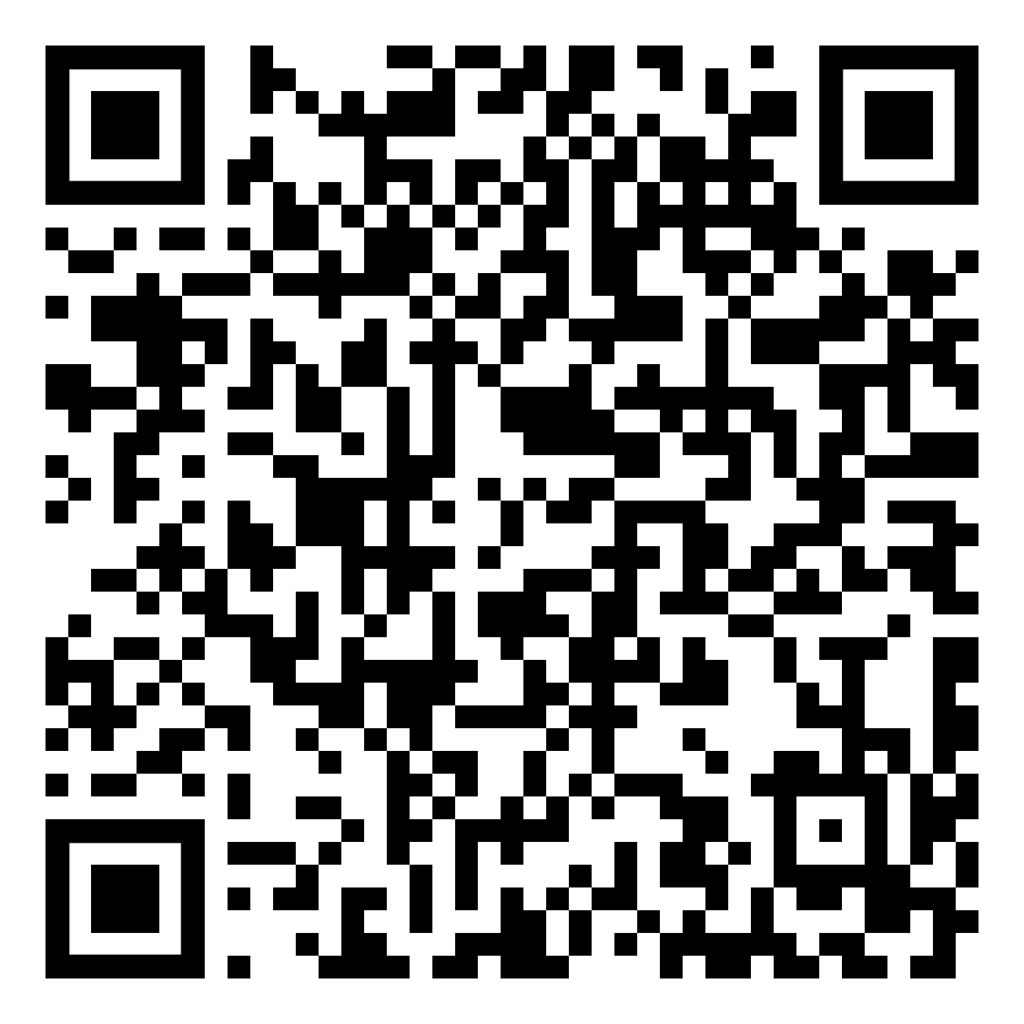Another person is added to the national organ transplant waiting list every ten minutes. One person an hour dies while waiting for a transplant. Over 80% of waiting patients need a kidney or part of a liver—organs a donor could live without. By and large, about 90% of Americans support organ donation, yet only one-third are registered donors. Where does this disparity come from? How is it that most adults wholeheartedly support organ donations when they need one, but not so much when it comes to harvesting their organs after death?
People Think They Can’t Donate
If you ask someone why they aren’t an organ donor, they will likely tell you they “can’t donate” because they were once a smoker, have diabetes, or heart disease. The truth is, these ailments only prevent you from becoming a living donor. A living donor is someone who donates parts of organs before death. None of these conditions prevent donation after death.
Another popular reason people think they can’t donate their organs is religious concerns. It was once true that most denominations forbade organ donation because of “afterlife body integrity,” the belief that somehow their bodies would be less pure if they used organs to save lives. Today, most doctrines have revised their policies to include organ donation as one final act of love and charity to one’s fellow human beings.
Lack of Trust in Medical Community
Anyone who has ever been to a summer camp or sat around the campfire telling ghost stories has heard a host of urban legends about people waking up in bathtubs full of ice missing a kidney. While organ trafficking is undoubtedly a problem, there’s a notion that prevails in American culture that someone listed as an organ donor will receive shoddy treatment or might be allowed to die so their organs will be harvested. These misconceptions and cases of misinformation signal that as a society, we must change our cultural mindset regarding donation.
What Can We Do?
If we’re to change how our society sees donation, we should start with an overhaul of the donation system. America has what’s known as an opt-in system. Usually, people check a box at the DMV when they renew their driver’s license. However, Spain, a country with arguably the best donation system in the world for twenty-eight years in a row, has an opt-out system. Everyone is automatically enrolled as an organ donor but can easily remove themselves by following some simple steps. This, coupled with a superior organizational system, has allowed them to ensure that organs go where they should, culminating in an additional fifty donors per million people, compared with twenty-six in the United States.











